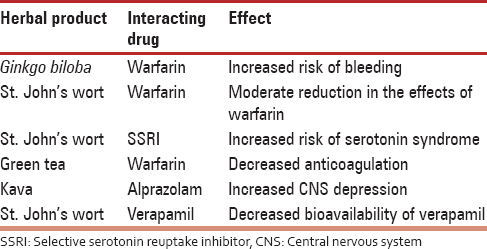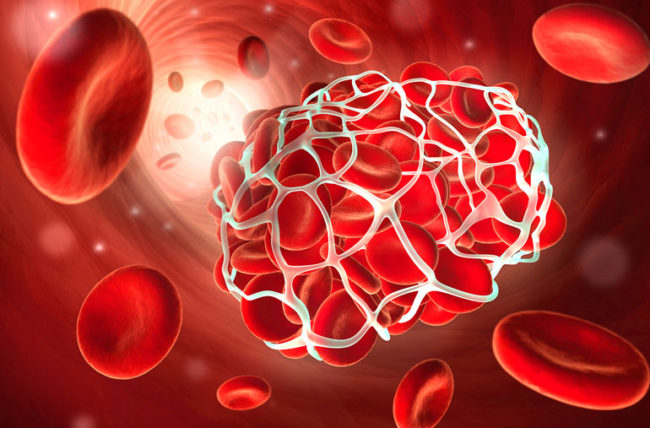
While commonly prescribed to treat large blood clots, warfarin (Jantoven, Ciazac) can cause serious side effects and put your health at risk for extreme bleeding. If you have been given warfarin, know the warning symptoms and how to avoid serious complications.
First, let's discuss what happens when a blood clot forms in the vein. The blood is carried by tiny capillaries throughout the body and ends up blocking the way to another part of the body, usually in the lungs or the heart. This blockage makes it difficult for oxygen to reach the other parts of the body. Warfarin reduces the amount of blood flowing through the veins and that makes the veins thinner, harder and eventually easier to break down and form a new clot.
Because the veins are so delicate, getting rid of a blood clot takes time and many visits to the doctor
Sometimes, even with treatment, if there is no underlying cause, the clot may not break up and may start to bleed.
The major side effect of warfarin is heart attack. It can cause chest pains, shortness of breath, fever and nausea, especially if your doctor has taken your blood pressure and found it to be high. If this occurs, go to the emergency room immediately to have your heart monitored.
If you are taking warfarin, your blood clot can also travel to your lungs, causing difficulty breathing. This is more likely if you already have problems with lung disease such as asthma. Your doctor may recommend you get checked out by an otolaryngologist who can perform a bronchial spray to help alleviate the symptoms.
If your doctor has prescribed warfarin to stop your bleeding, there are several more serious side effects you should watch for. These can include the following:

If you become pregnant while taking warfarin, you might also have to worry about possible death during delivery. This is because of the risks to the baby and mother. Warfarin causes of many birth defects, and if you become pregnant while you're on it, there is a greater chance that the fetus won't be able to develop properly, making the condition a fetal demise.
If you have ever experienced a heart attack, it is extremely important that you let your physician know about it, especially if you think you might be having a blood clot. It is important that you discuss all these possible side effects with your doctor as early as possible.
In the end, the most dangerous side effects of warfarin are those that are associated with the development of a clot in the vein. If you're prone to getting them, your doctor will probably want to discuss ways to prevent them. However, if you already have heart disease or clotting problems and have had surgery recently, the side effects could be even more dangerous.
There are medications available that can help with some of the potential side effects, but they are usually only effective for very short periods of time. In addition, if you already have heart disease or some type of clotting problem, you'll probably have to take a more potent blood thinner if you take warfarin. to reduce the risk of developing further complications.
You can find many articles online that discuss the dangers of warfarin and how to avoid the side effects.
These sites are well worth your time and research
Just be sure to understand that even if you've had good results with warfarin, if you do develop a serious side effect you should still talk to your doctor immediately to see what your options are. Some medications can be very dangerous if they interact with any other medications you are taking and if they are taken with certain medicines.
Make sure you get plenty of rest and stay away from strenuous exercise for the first two weeks after you stop using warfarin. In the meantime, you should take over-the-counter medications that can reduce the inflammation and swelling that comes with the drugs. Also, drink lots of fluids, eat healthy foods, avoid aspirin and other stomach medicines and keep blood pressure under control.
About the author